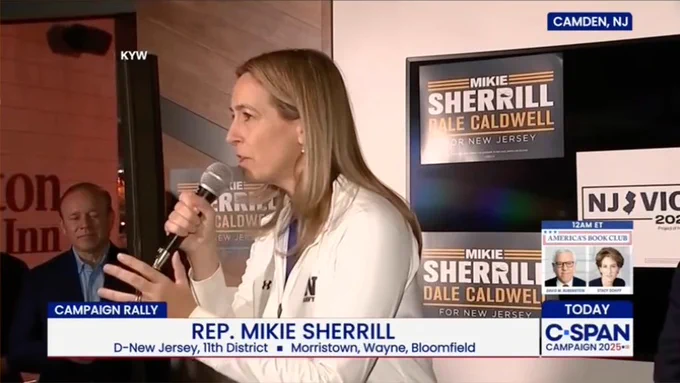@lawtwitter University Prof Penn Law and the Wharton School, occasionally comments on antitrust issues and follows legal history, public law, and econ policy
Philadelphia Pa
Joined November 2015
- Tweets 7,606
- Following 1,938
- Followers 7,709
- Likes 650
that's why I don't like the word "welfare" associated with antitrust policy, because it does go beyond price/output/innovation; but antitrust does not control the entire policy world.
I mean, they agree on the goals but disagree about how to get there. E.g., the Chicago School had greater faith than Harvard in markets and less faith in intervention, but the goals of high output/low prices/unrestrained innovation were the same as both Harvard and post-Chicago.
We probably over-estimate the number of outliers (call it the "Biden effect"?) A broad spectrum of people from right to center left believe in an antitrust standard of promoting low prices/high output/unrestrained innovation. The dissenters are likely no more than a tiny %.
It appears that Apple is removing Apple Watch/iPhone syncing in the EU in order to comply with the DMA. From Numerama, A French News site. numerama.com/tech/2110247-la…
Mozilla has a point. For a firm like Apple this is just some additional revenue, but it's basic survival for Mozilla. Contracts limited to one year hinder its ability to do long range planning.
Hardly uncovered -- Ida Tarbell's History of the Standard Oil Co. was published in 1904. Well worth reading and out of copyright.
"The Antitrust Violations Under Our Noses" @AntitrustInst panel.
Heidi Silton: Standard Oil conduct went on for 40 years, De Beers Diamond cartel lasted 100 years. Both uncovered by journalists
yes, no connection I can see. Whatever one thinks of the merits LiveNation/Ticketmaster was put together by a merger and if a court finds a causal relationship between it and pricing, a breakup would be the ordinarily expected remedy. GSearch was an internally developed product.
Yes the road to fascism is lined with low price shoes. I don’t take money from anyone
it was the neo-B achilles heel from the start: assuming that underselling someone else is a bad thing. But even the Biden DOJ got religion later e.g., the 2024 Apple complaint it IDed the evil, not as large size, but as higher prices, lower output, limited innovation.
Max is upset. He wanted this election to be about big firms, but everyone was concerned instead about high prices
No there was a real disjunction between the pro-consumer protection policy and the antitrust policy. I have never really understood it but it reverted to a more pro-consumer position in years 3 and 4
Wasn’t talking about LK. her consumer Protection policy was very pro-consumer, and she will be rightly remembered for it.
that's certainly true. Whether they are able to obtain enough support to actually affect policy is a different issue. We've had plenty of them before but they were always outliers.
One observation about the election: Biden-era anti-consumer antitrust is dead, including the Brown Shoe-driven idea that we should be condemning things because they lead to lower prices.
I completely agree; thay are not at all neoliberal; they are mixed economy people who believe in a healthy dose of capitalism, with fewer restrictions on entry and development.
Even the people I hear called neoliberal, like @ezraklein & @DKThomp, are very critical of markets’ failure absent govt intervention to provide many things. If their “Abundance” book is what now counts as neoliberalism, Milton Friedman is turning over in his grave.
















